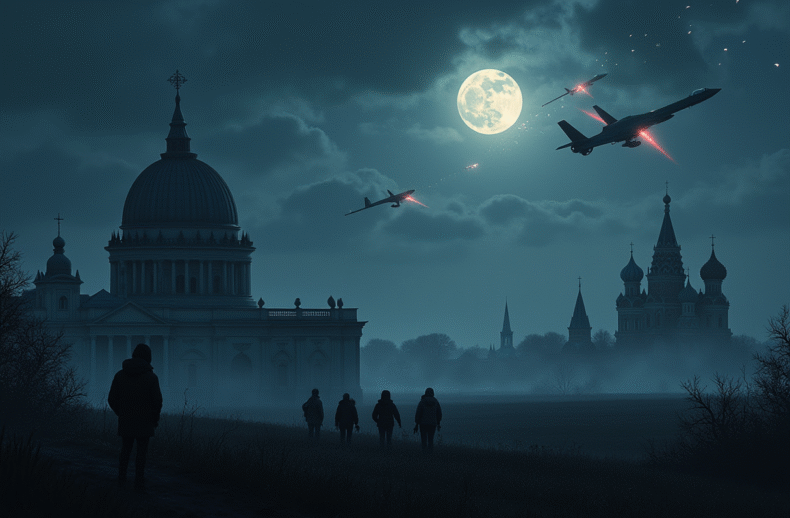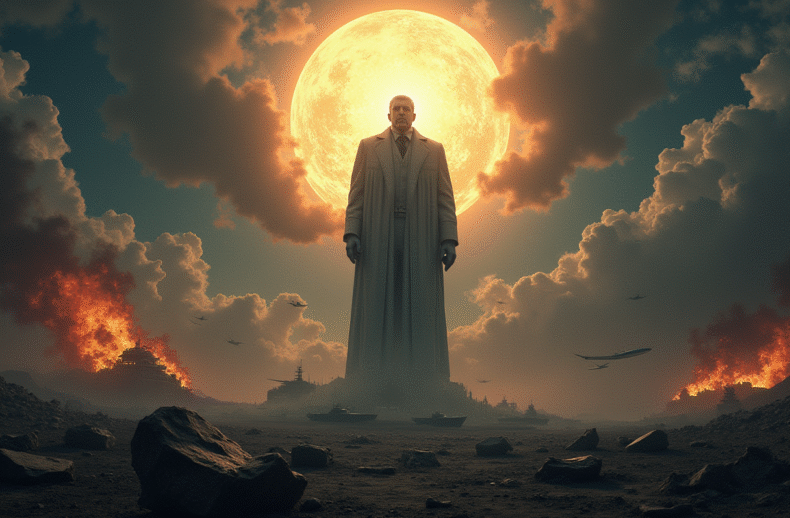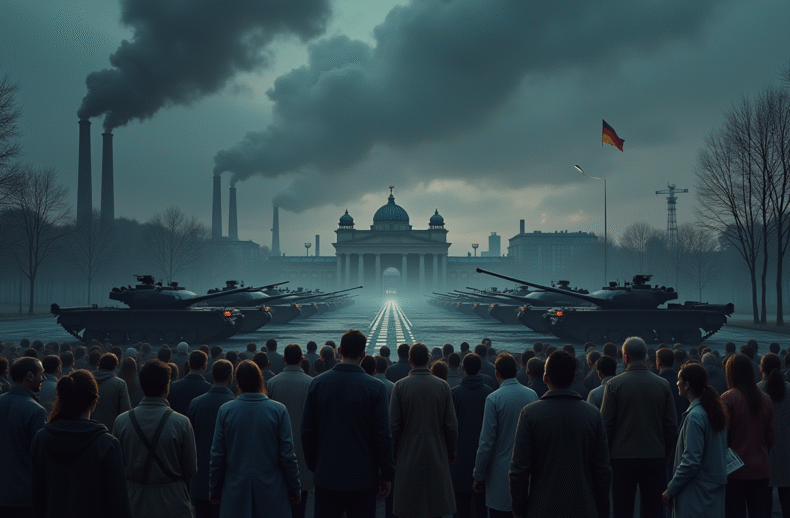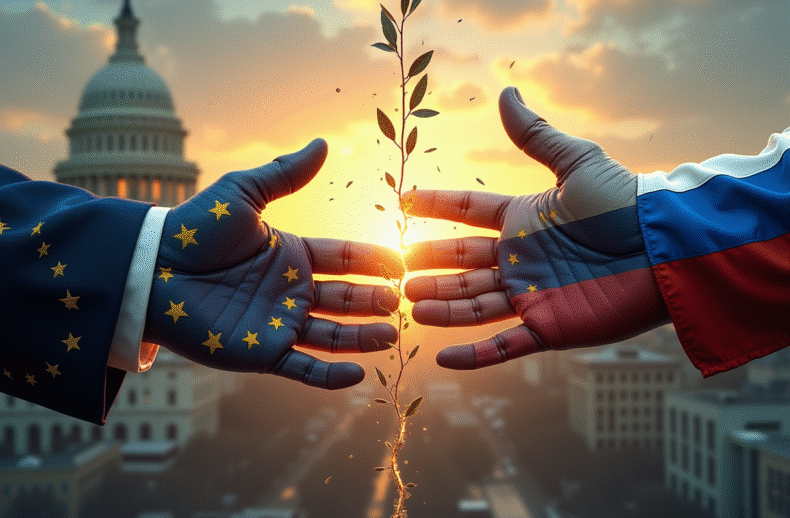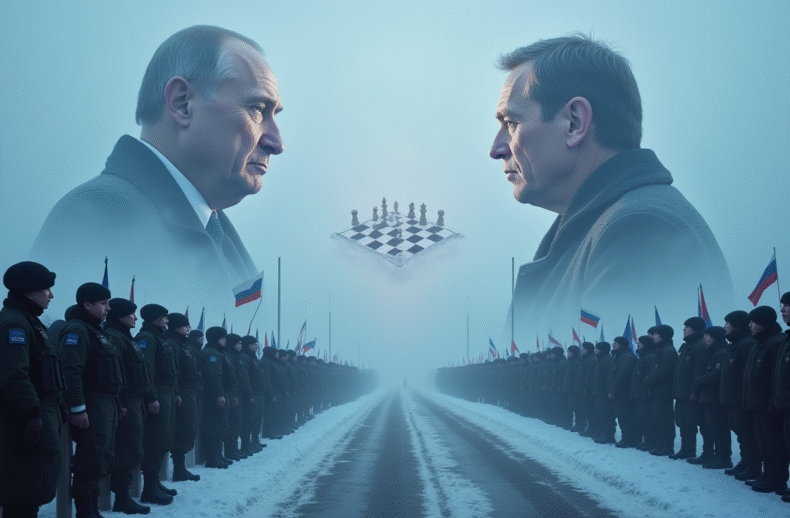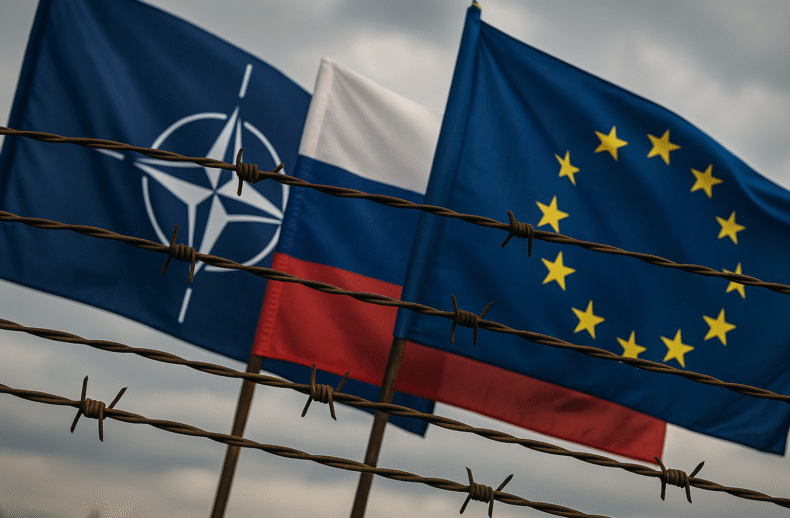War between Europe and Russia should be irrational. Rational models show both sides would suffer catastrophic losses. Yet history reminds us that wars are not born from logic, but from the hidden Demand for Recognition (DfR) — the deep drive to preserve dignity, avoid humiliation, and claim prestige. Europe’s decline has created a recognition deficit, Russia thrives on recognition through defiance, and NATO is bound to protect credibility. The recent Polish drone incident illustrates how even a trivial event can escalate into a symbolic confrontation, where restraint feels like dishonor and escalation appears as strength. Rational payoff tables predict peace, but once recognition is included, confrontation becomes tempting, even inevitable. To avoid war, recognition must be openly managed: dignity must be preserved on all sides, or small sparks may ignite a larger conflagration.
